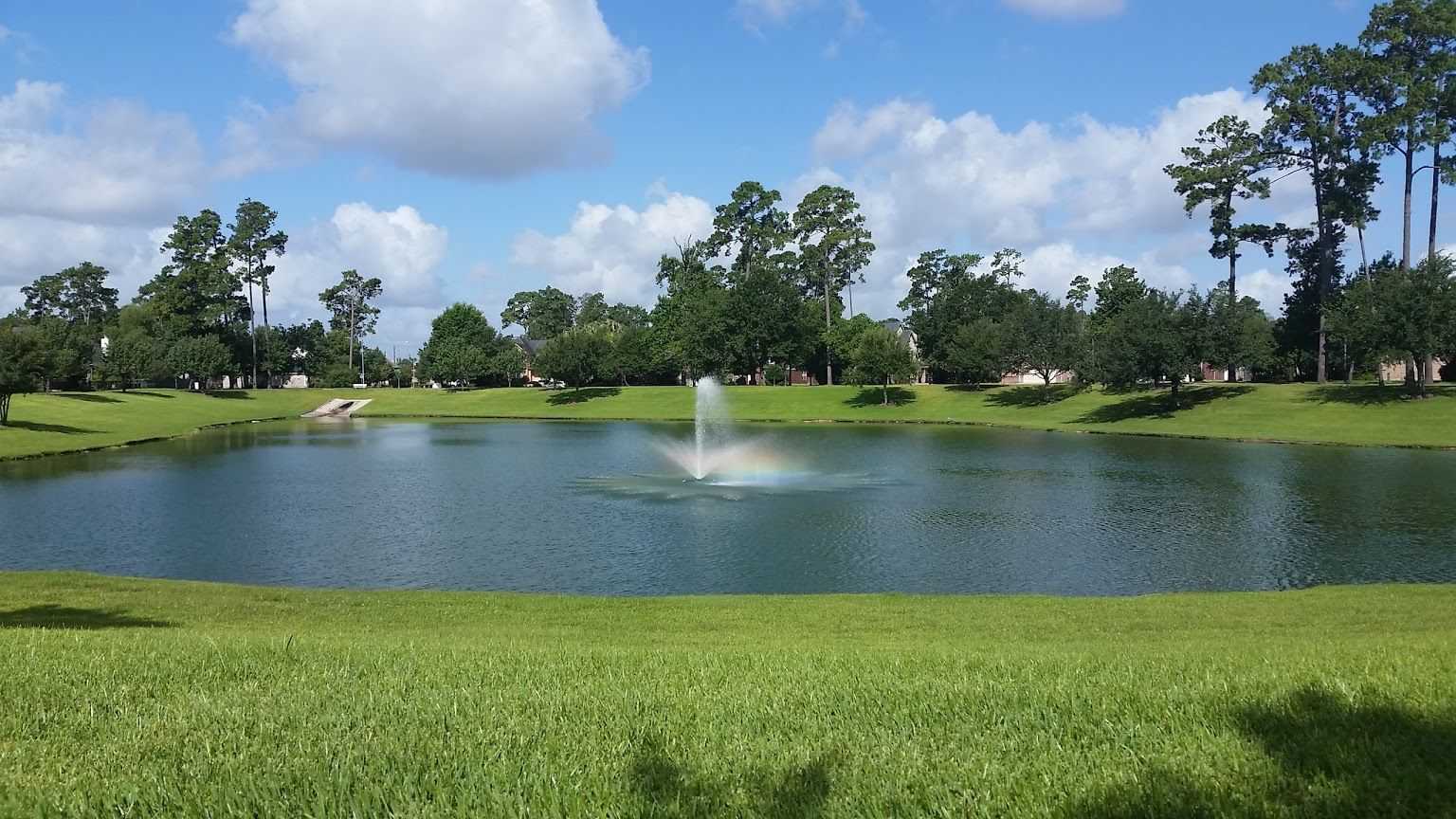For most residents of Harris County Municipal Utility District 249 (the “District” or “HCMUD 249”), getting water in their homes can seem simple. When a resident turns on the faucet, water flows out. However, there is a great deal that goes on behind the scenes that the HCMUD 249 Board of Directors would like residents to be aware of.
Municipal Utility Districts, commonly referred to as MUDs, are a form of local government similar to a county or city, but with a smaller scope. For decades, MUDs have been a primary means in Texas for providing drinking water, sanitary sewer, and some drainage services to Texans who do not live within a city’s borders. Providing these services includes maintenance, operation and management of the facilities used for those purposes.
In addition to such water, sewer and drainage services, MUDs may be authorized to provide other services to their residents. These services may include trash and/or recycling collection, security, landscaping, and other utility related services. For example, HCMUD 249 has hired five deputies through the Harris County Sheriff’s Office to improve resident safety within the District.
MUDs are heavily regulated by Texas state law (including Chapter 54 of the Texas Water Code, which can be found here) and are overseen by the Texas Commission on Environmental Quality (TCEQ) and other agencies.
HCMUD 249 provides the following services to the Spring Lakes residential subdivision and some of the surrounding area:
- Potable (drinking) water service
- Sanitary sewer service
- Trash and recycling collection
- Supplemental security
- Drainage infrastructure
HCMUD 249 is run by a board of five directors composed of residents elected by the voters within its boundaries. The Board has engaged professional consultants to advise the MUD on all matters involved in owning, operating and maintaining the infrastructure within the MUD, providing services to its residents, and complying with state laws and TCEQ regulations. District consultants often include an operator, engineer, attorney, bookkeeper, and financial advisors. To see which consultants serve HCMUD 249, click here.
Providing these services and the maintenance and operation of HCMUD 249's facilities are paid for primarily by the revenue generated from annual property taxes and monthly water bills paid by residents and businesses within the MUD’s boundaries. HCMUD 249 also obtains a portion of its revenue through the sales taxes imposed by the City of Houston on commercial sales within its boundaries. Sales tax funds reduce the burden on residents of the District.
If larger scale maintenance or construction projects become necessary as the District ages or grows, the District may issue municipal bonds in order to pay for those costs. Bonds work like a line of credit the District can utilize to pay for such larger projects over time, reducing the need to raise water or tax rates. The bonds are paid off using the income from water bills and tax revenue mentioned above.
HCMUD's Board of Directors meetings are held monthly on the third Thursday of each month. Meetings take place at 323 E. Louetta Rd. in Spring at 6:30 p.m. and are open to the public. To find out more about HCMUD 249 and how it operates, keep an eye on the District’s website.
Did you find this article informative? Help your neighbors stay in the know by clicking the share buttons at the top of the page.
